Debt Settlement in Missouri
Debt Settlement Experts
Are you drowning in debt and overwhelmed by constant stress? At Second Start Financial, we understand the challenges that come with excessive debt, and we’re here to help. We know that many hardworking Missourians are struggling to keep up with credit card bills, medical expenses, and other unsecured debts, often due to circumstances beyond their control. That’s why we’re dedicated to providing personalized debt settlement services to help you achieve financial freedom. Our experienced professionals will work with you every step of the way to create a customized plan that fits your unique needs and goals. With our help, you can break free from the burden of debt and start building a brighter financial future.

How Professional Debt Settlement
Missouri Can Help You

Avoid Bankruptcy
Prevent the long-term consequences of bankruptcy by settling your debts instead.
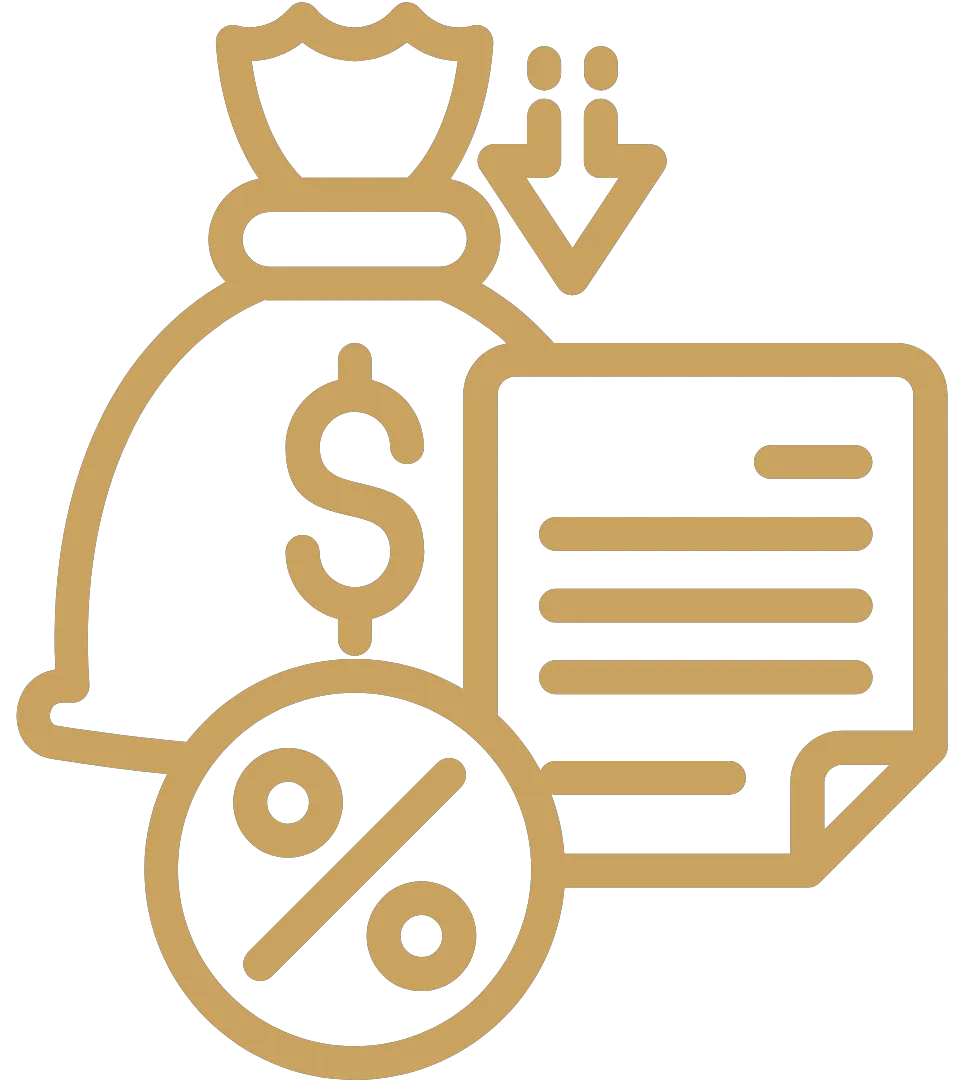
Lower Balances
Negotiate with creditors to reduce your outstanding balances and pay less than you owe.
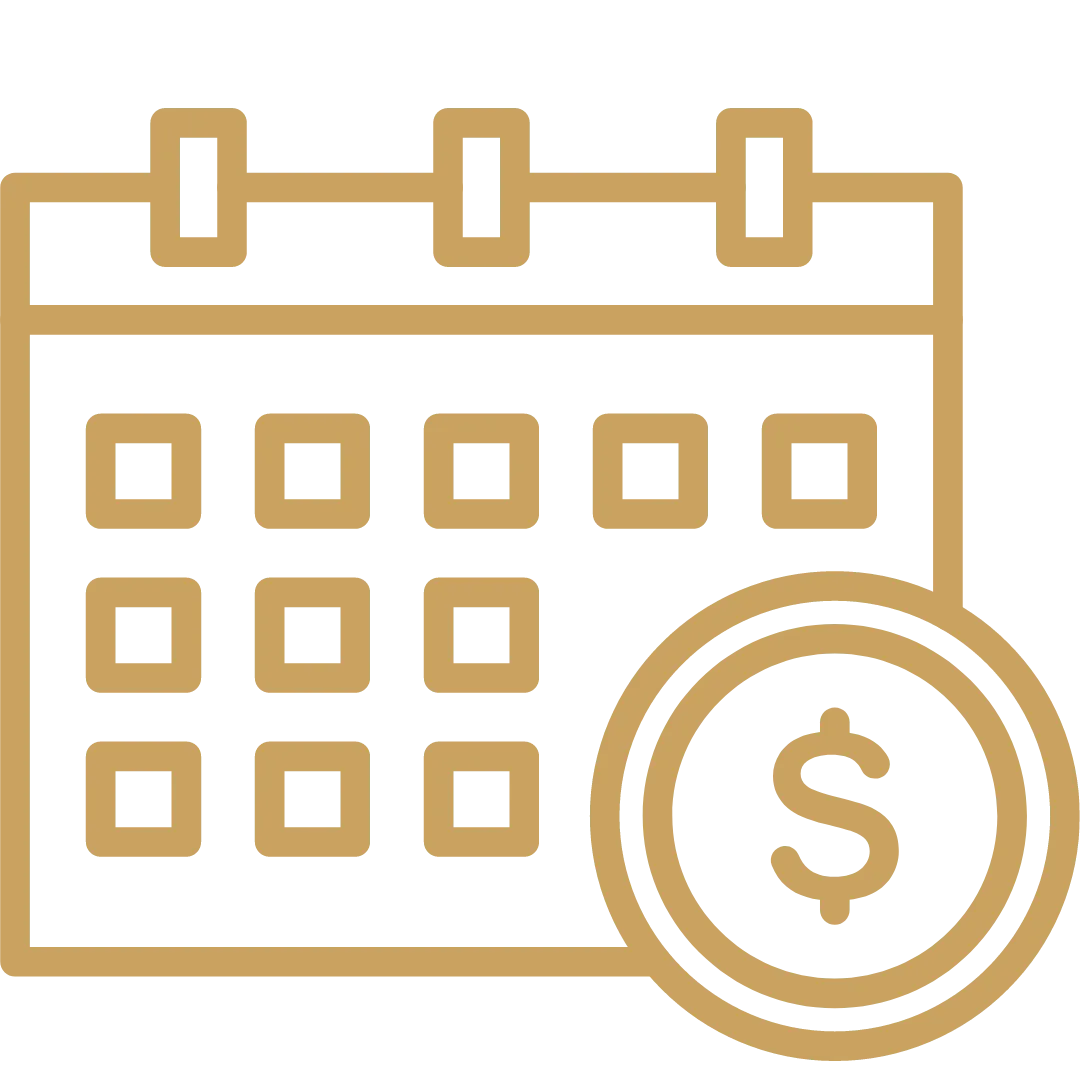
One Monthly Payment
Simplify your debt repayment process by making a single, affordable monthly payment.

Stop Collections
End harassing calls and letters from collection agencies by enrolling in a debt settlement program.
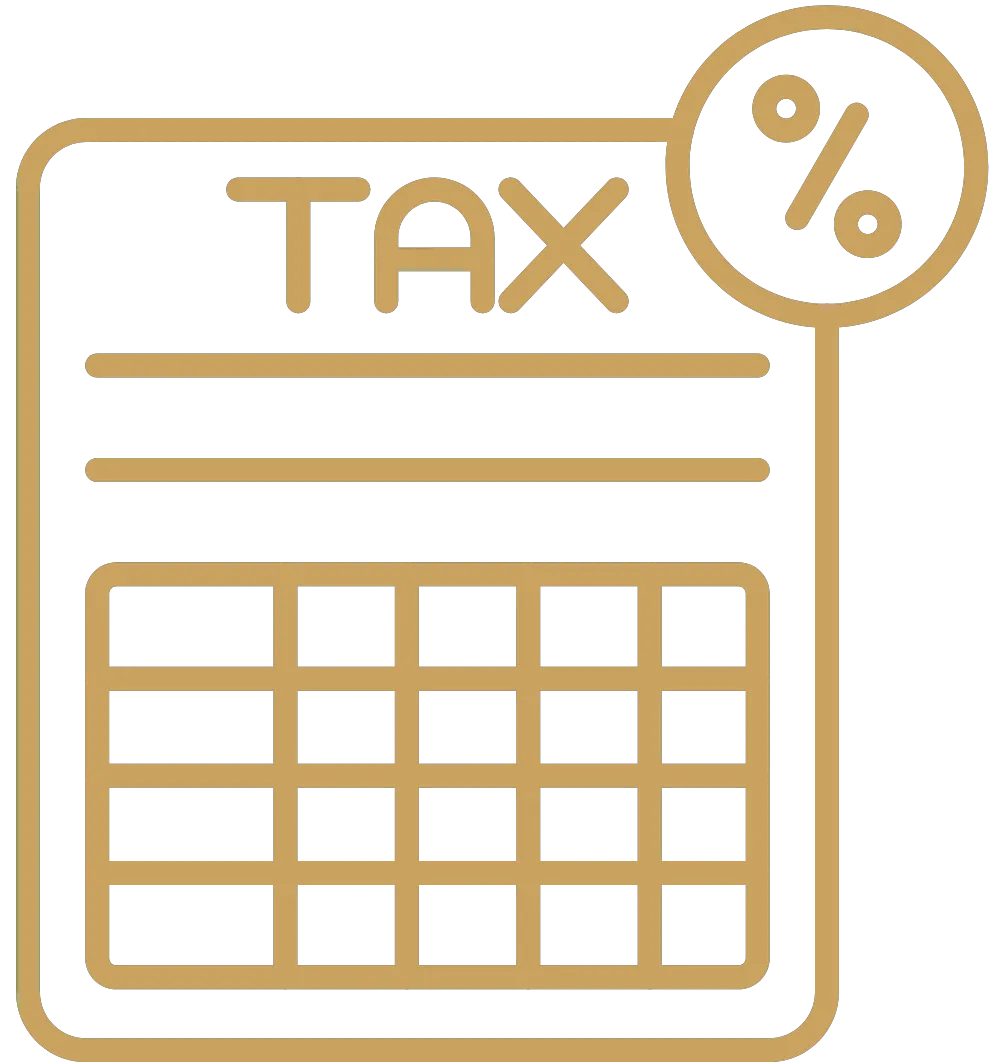
Tax Benefits
Understand the potential tax advantages of settling your debts for less than the full amount.
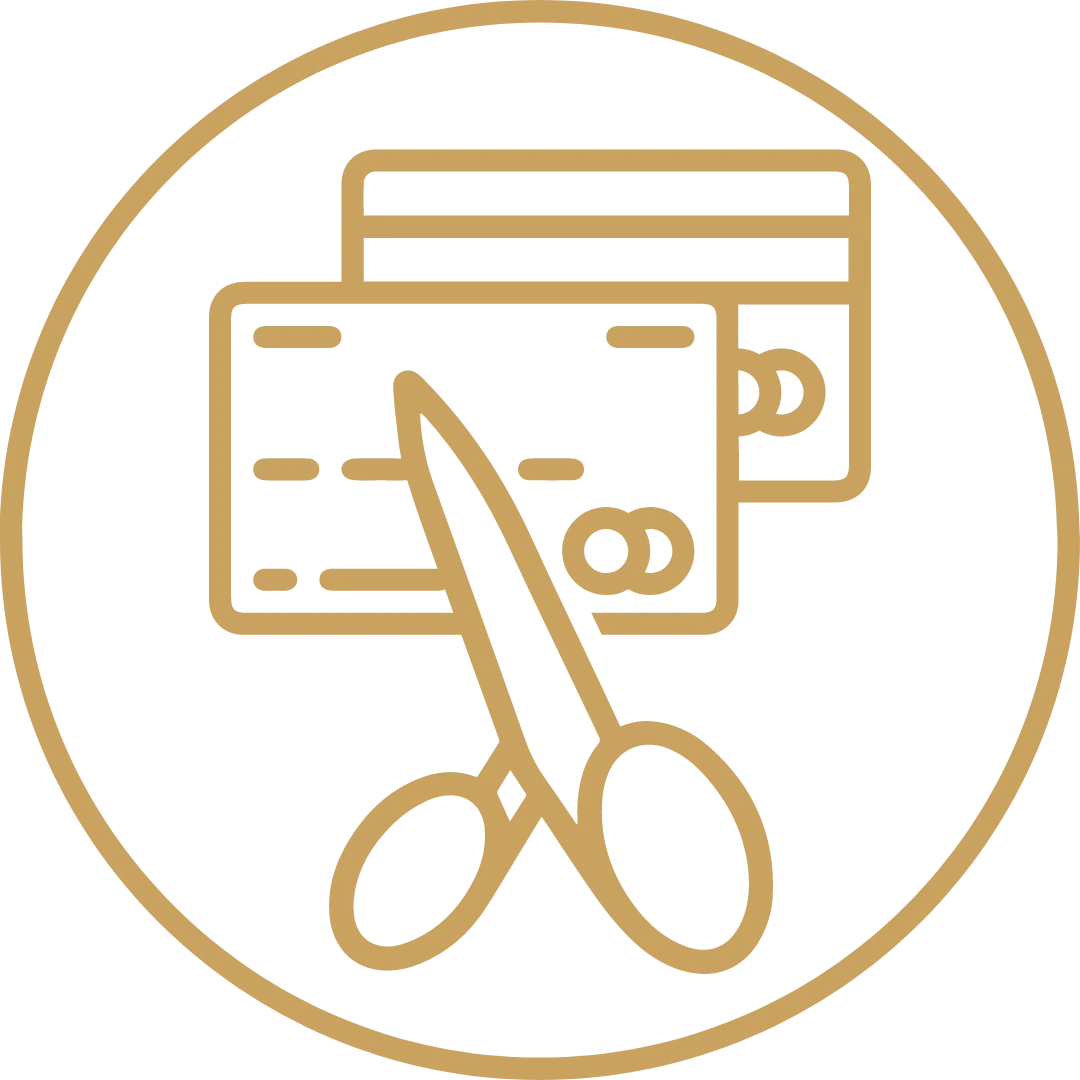
Become Debt-Free
Achieve financial freedom faster by resolving your debts through professional debt settlement services.

Our Proven Debt Settlement Process
At Second Start Financial, we follow a proven debt settlement process to help you achieve the best possible results. Here’s what you can expect:
1. Free Consultation: We’ll review your financial situation, explain your options, and determine if debt settlement is right for you.
2. Personalized Plan: We’ll create a customized debt settlement plan based on your unique circumstances, including your debt amount, income, and goals.
3. Dedicated Account: You’ll open a special account and make monthly deposits, which will be used to settle your debts.
4. Expert Negotiations: Our skilled negotiators will work with your creditors to achieve the lowest possible settlement amounts.
5. Debt Resolution: Once a settlement is reached, we’ll facilitate the payment to your creditor and ensure the debt is properly resolved.
BLOG
Our Latest Blogs
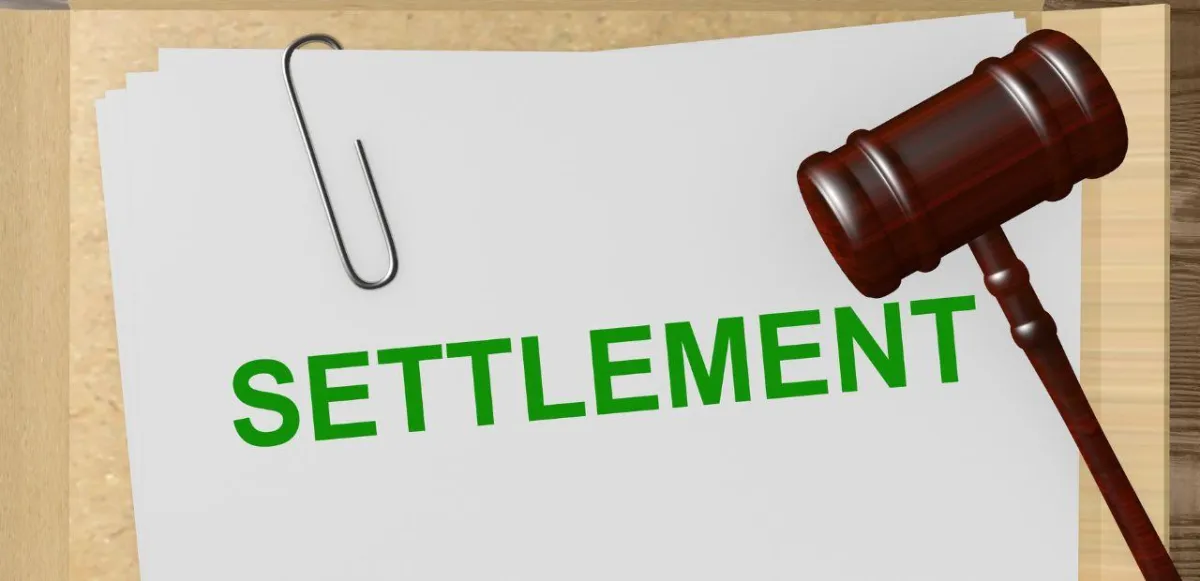
Understanding Debt Settlement: Pros and Cons
Debt settlement has emerged in recent years as an alternative path to freedom from high unsecured debt burdens like credit cards or medical bills. But is it the right debt relief option for you? Here we dive into the pros and cons of debt settlement to help you make an informed decision.
What is Debt Settlement?
Debt settlement, also known as debt arbitration or debt negotiation, involves working with a settlement firm to negotiate reduced payoff amounts with your creditors and lenders. The goal is to settle accounts for less than the full outstanding balances owed. This differs from options like debt consolidation loans or filing bankruptcy, which take different approaches to managing overwhelming debt.
What Are Some Potential Pros of Debt Settlement?
The ability to settle the debt for significantly less than the full amount owed can certainly seem like an appealing and attractive option at first glance.
Here are some of the commonly touted benefits that make debt settlement enticing
Lower Overall Debt Burden
Successful settlements can reduce total debt owed by 50-60% typically. This greatly alleviates the burden for heavily indebted consumers. Settlements also allow you to pay off debt much faster compared to minimum payments.
Pay a fraction of your actual balance
The primary goal of debt settlement is negotiating with creditors to accept a fraction of what you owe in order to call it even. Many people settle their debts for 50% or even much less than the original amount, which can mean huge savings.
Structure affordable payment amounts
Because you are paying considerably less than you originally owed overall, debt settlement companies can divide the total settlement amounts due into much more manageable monthly payments that realistically fit into your budget.
Resolve debt faster
Since debt settlement involves paying lump sum settlements that are less than your full balances, many peoples’ debt can be eliminated much more quickly – often within 2-4 years – compared to paying monthly installments over multiple years.
Best alternative of bankruptcy
Bankruptcy leaaves a negative credit score impact and job prospects for up to 10 years. Debt settlement allows debt relief without resorting to bankruptcy, and is often the best bankruptcy alternative.
Peace of mind
Finally getting out from under the crushing weight of large amounts of debt, regardless of the method, can relieve a huge amount of mental stress and improve both physical and emotional health and well-being.
But Also Know the Potential Cons
While settling debt often seems like an easy or quick way out of a financial mess, it’s very important to have clear eyes going in regarding some of the potential drawbacks and downsides you may face
Hurt your credit score
Missed payments will cause your credit score to plummet substantially, sometimes by over 100 points. Settled accounts will also be specifically noted as such on your credit report rather than paid in full. This can have long-term effects on your ability to borrow money.
Collection calls and lawsuits
Once accounts become delinquent, creditors and third-party collectors will begin aggressively pursuing you for payment. Lawsuits against you are a very real possibility that can lead to wage garnishment.
Owe taxes on settled debt
If the amount of debt forgiven through settlements exceeds $600, the canceled portion may be considered taxable income by the IRS. Failing to report this could lead to penalties or audits, so consult a tax professional.
Risk settlements falling through
Creditors are not obligated to accept any settlement offers. If they refuse, you'd need to find another solution but your credit is already severely damaged.
Alternatives to Debt Settlement
Debt settlement is just one option for managing unaffordable debt levels. Depending on your financial and personal situation, you may want to consider alternative debt relief options including:
Non-Profit Credit Counseling - Reputable credit counseling agencies offer free consultations to review your entire financial picture. They can help you construct a Debt Management Plan (DMP) which works directly with creditors to potentially lower interest rates, waive fees, and consolidate multiple payments. This can provide debt relief without damaging your credit score like debt settlement.
Debt Consolidation Loans - Debt consolidation takes out a new loan to pay off existing unsecured debts at lower interest rates, reducing required monthly payments. This simplifies payments into one monthly bill and can lead to paying off debt faster. Be cautious of lending sources, terms, and eligibility requirements when exploring this option.
Bankruptcy - Declaring Chapter 7 or Chapter 13 bankruptcy immediately stops collections efforts and foreclosures. While bankruptcy damages credit history and has long-term consequences, it can provide a fresh start for those utterly overwhelmed by debt through eliminating eligible debt balances. Understand extensive impacts before considering bankruptcy.
Caution Against Debt Settlement Scams
As debt levels swell more consumers struggling with bills turn to debt settlement companies. Unfortunately, this growth in demand has led many illegitimate firms to take advantage of vulnerable individuals facing financial crisis. Warning signs of potential "debt relief" scams include:
Guarantees of cancelled debt or settled outcomes before reviewing your accounts. Legitimate firms make no guarantees.
Requests for substantial upfront fees before settling any debts. Adviseable firms collect only once settlements are secured.
Failure to explain terms, contracts, services, or fees clearly and transparently. Ethical companies are fully upfront.
Lack of required state licensing for providing debt adjusting services in your state. Verify licensing.
Failure to provide documentation throughout the process detailing settlement agreements, payments made, fees charged, and account status updates.
Thoroughly research any firm prior to engagement and walk away from any raising suspicions. Protect yourself and your rights as a consumer facing financial hardship.
What Types of Debt Can Be Settled?
Debt settlement primarily focuses on unsecured consumer debt like credit cards, medical bills, personal loans, and other flexible forms of debt. Student loans, auto loans, mortgages, and other secured debt cannot be settled through this method. The best candidates for settlement have $10,000 or more in debt spread across multiple accounts.
Is Debt Settlement Ultimately Right for You?
At the end of the day, debt settlement can be a viable solution for handling large amounts of unsecured debt like credit cards, medical bills, or personal loans. When weighing the debt settlement pros and cons, the people who see the best outcomes are generally disciplined individuals with steady jobs who simply took on too much debt and can’t keep up with ever-growing monthly payments no matter how hard they try.
If you go the settlement route, go into it with a clear vision, understand the risks and commitments, thoroughly research reputable companies, get everything in writing, and consult tax/legal professionals when needed. While debt settlement can provide substantial savings and debt relief, it also comes at a cost. Look closely at all options and chooses the debt resolution approach that makes the most sense for your unique financial situation.
Debt FAQ's
What is debt settlement?
Debt settlement is a process where a debtor and creditor agree to settle a debt for less than the full amount owed. This can help the debtor pay off their debt more quickly and affordably than continuing to make minimum payments.
How does debt settlement work?
Our debt settlement program works by negotiating with your creditors to settle your debts for less than the full amount owed. You make regular payments into a savings account, which we use to negotiate with your creditors on your behalf. Once a settlement is reached, you make a one-time payment to settle the debt.
Will debt settlement affect my credit score?
Yes, debt settlement may have a negative impact on your credit score. However, if you’re already struggling with high levels of debt, your credit score may already be affected. Our goal is to help you become debt-free as quickly and affordably as possible, so you can start rebuilding your credit score.
What types of debt can be settled?
Generally, unsecured debts like credit card debt, medical bills, and personal loans can be settled through our debt settlement program. However, certain types of debt like student loans and tax debt cannot be settled through debt settlement
How long does debt settlement take?
The length of the debt settlement process can vary depending on your specific financial situation and the amount of debt you have. However, most of our clients are able to become debt-free in 24-48 months.
TESTIMONIALS
A few years ago, my husband and I enrolled in this program, and it was a lifesaver. It truly helped us out of a difficult situation.
Claire Martinez
I couldn’t have hoped for a better solution to help me with my debt. Second Start Financial has exceeded my expectations and helped me pay off my debt sooner than I anticipated. The approval process was quick and painless, and now I’m on my way to regaining control of my life and improving my creditworthiness. Thank you so much!
Samantha Bailey


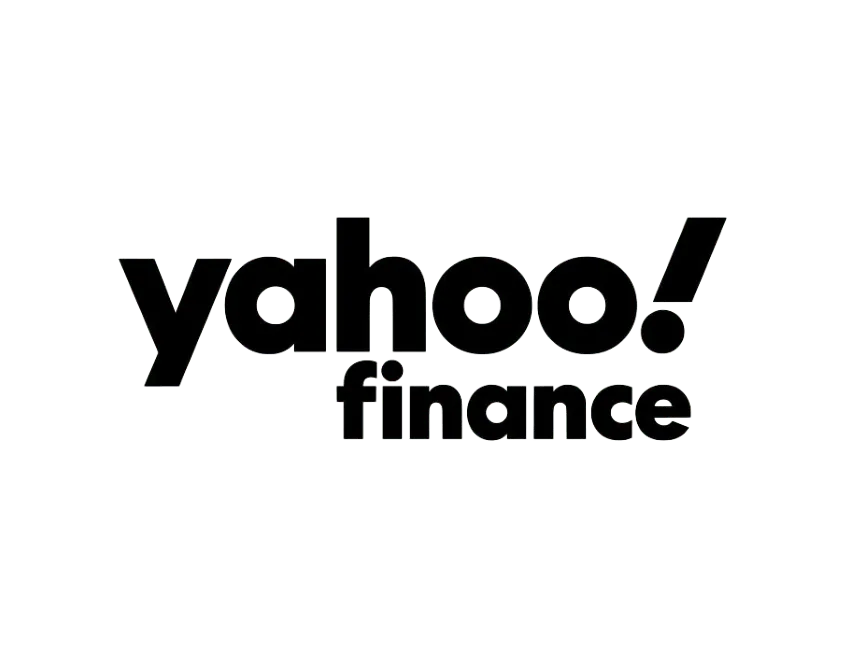



At Second Start Financial, we are dedicated to helping you regain control of your life. Our mission is to provide you with effective debt relief solutions that address your unique financial situation.
At Second Start Financial serves the following States only:
Alabama | Alaska | Arizona | Arkansas | California | Colorado | Florida | Georgia | Idaho | Illinois | Indiana | Iowa | Kentucky | Louisiana | Maryland | Massachusetts | Michigan | Mississippi | Missouri | Montana | Nebraska | Nevada | New Jersey | New Mexico | New York | Ohio | Oklahoma | Pennsylvania | South Dakota | Tennessee | Texas | Utah | Virginia | Wisconsin
Disclaimer:
Second Start Financial Inc is not a Broker or Lender. The role of Second Start Financial is to connect potential borrowers with lenders and financial service providers. Second Start Financial does not provide credit offers or solicit lending. The website and its operators solely offer a connection/matching service and are not agents, representatives, or brokers of any lender. They do not make credit decisions and do not charge potential borrowers for any loan or product.












